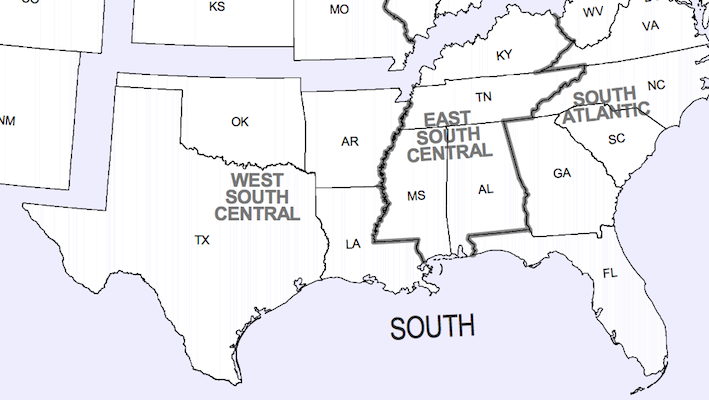The United States still has a long way to go on reducing poverty in the United States, but all things considered, things have gotten better. On a number of key underlying metrics as well as quality of life standards, we’ve seen improvements since the beginning of the “War on Poverty,” fifty years ago this month, under President Johnson.
It’s worth keeping this knowledge in mind when the “War on Poverty” social programs — Medicare, Medicaid, food stamps, Head Start, Job Corps, welfare, etc. — that have provided safety nets and opportunities for low-income and struggling Americans are coming under attack today. They’re often dismissed as ineffective because topline poverty hasn’t moved very much since 1964 (though it also hasn’t exploded out of control, despite much higher levels of inequality, which is a good sign). So knowing the positives is key to defending them.
The New York Times published a short piece today summarizing the successes and failures of the anti-poverty efforts since January 1964.
The good:
Still, a broad range of researchers interviewed by The New York Times stressed the improvement in the lives of low-income Americans since Mr. Johnson started his crusade. Infant mortality has dropped, college completion rates have soared, millions of women have entered the work force, malnutrition has all but disappeared. After all, when Mr. Johnson announced his campaign, parts of Appalachia lacked electricity and indoor plumbing.
Many economists argue that the official poverty rate grossly understates the impact of government programs. The headline poverty rate counts only cash income, not the value of in-kind benefits like food stamps. A fuller accounting suggests the poverty rate has dropped to 16 percent today, from 26 percent in the late 1960s, economists say.
So on the brass-tacks/basics/fundamentals level, we’ve seen big improvements. And being poor, while certainly still no picnic, isn’t as horrendously bad as it was a half century ago, when it was still only a step or two away from “Grapes of Wrath” territory.
Then, the bad:
But high rates of poverty — measured by both the official government yardstick and the alternatives that many economists prefer — have remained a remarkably persistent feature of American society. About four in 10 black children live in poverty; for Hispanic children, that figure is about three in 10. According to one recent study, as of mid-2011, in any given month, 1.7 million households were living on cash income of less than $2 a person a day, with the prevalence of the kind of deep poverty commonly associated with developing nations increasing since the mid-1990s.
However, I still think on balance it’s been more successful than not, and we should keep fighting for more gains and not turn our backs on these programs by mythologizing their failures.
There’s a lot of wishful, rose-colored-glasses nostalgia surrounding the 1950s and early 1960s, in terms of glamorous economic good times. There’s at least some truth to that, in that the United States was the only industrial economy left standing for a brief time and high-paying jobs were plentiful for many segments of the workforce. But it was, in reality, also a period (as noted above) where large parts of the country still didn’t have electricity or other basic features/services of modern society.
I’m reminded of one of my favorite quotations:
“In the world of politics, nostalgia is a kind of quitting. It says, ‘I can’t deal with today, can we go back to yesterday?’ But a particular yesterday, without its attendant problems.”
– Ta-Nehisi Coates
The War on Poverty hasn’t done as much as we had hoped it would. But it has made a difference for many millions of Americans over the past fifty years. I also agree with those who say that broader economic efforts — including raising the minimum wage need to be made to reduce poverty more widely. Even so, I still want prioritize protecting and strengthening these social programs, not gutting them.




